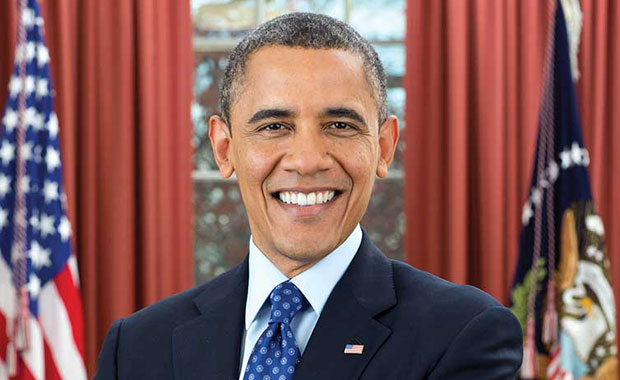Kenyan Indian Diaspora Delighted with Obama’s Kenya Safari
The Kenyan Indian Diaspora is delighted with President Barack Obama’s visit to Kenya in July 2015. An estimated half a million in Britain, USA, Canada, Australia and other countries, the ex-Kenya Indians have a very emotional connect with the land of their birth or their fathers they left in waves after Kenya’s independence.
Like Obama, they visit Kenya from time to time to catch up with their friends and relatives and observe how the country is getting along. And this is exactly what Obama will do when he re-visits the land of his father on his third visit. But this is the first one as the President of the United States, the world’s most powerful nation.
For all Kenyans this is a matter of unlimited pride because Obama did not visit Kenya for seven years while he was in the White House. In fact, he purposely avoided Kenya during his previous visit to Africa. Now Kenya has overcome the stigma of its President Uhuru Kenyatta charges of genocide in the international court and Obama has no major election to worry about in the US, thus the visit.
Similarly, after settling down in their new home, Kenyan Indians crave about the good life they left behind: the ‘eternal spring’ climate of the Kenya Highlands, the easy incomes, the Indian foodstuffs and, above all, the efficient and robust domestic help they had all their lives.
When the Kenyan Indian housewife faces the mountain of dinner dishes in the middle of harsh winter in the West, she cries out for her domestic help. When the Kenya Indian is holed up in his home during a wet weekend, he yearns for his former land of sunshine almost throughout the year. Other equally powerful experiences and memories pull her or him back to Kenya.
And perhaps it is the same with Obama. He has visited Kenya three times, the last trip as a Senator. After all, he has his extended family, including a half-brother and siblings, among others, still living in Kenya and he would like to visit Alego, the village in Nyanza province on the shores of Lake Victoria, his ancestral home, very much like Kenyan Indians who have settled abroad and come to look at their former homes with new owners to see how they have maintained or re-developed them.
The highest number of Kenyan Indians is in the UK where they have set up their community organisations to interact with each other. Curiously, they are not very comfortable with Indians from India! Their basic command of English language is better than Indians. Their mother tongue has a good sprinkling of Swahili words which the Indians do not understand. They instantly bond with each other with their Swahili greeting, ‘Jambo’. It’s the same tale in USA, Canada or Australia or other countries.
Of course, Obama knows more than a smattering of Swahili and will make full use during his formal speeches at the international conference he will inaugurate and during bilateral talks on human rights and terrorism.
An editorial in Kenya’s largest newspaper, The Nation, termed this visit of immense significance to Kenya. “Kenya has since independence five decades ago been a close ally of the United States, but for some reason no sitting American president has ever visited this country. This will, therefore, be an occasion to affirm the cordial ties and explore new avenues of cooperation. For many Kenyans, the fact that President Obama’s father was a Kenyan makes the visit some sort of homecoming.”
It’s the same homecoming of sorts for visiting Kenyan Indians who will take great pride in discussing this presidential safari.











Comments.